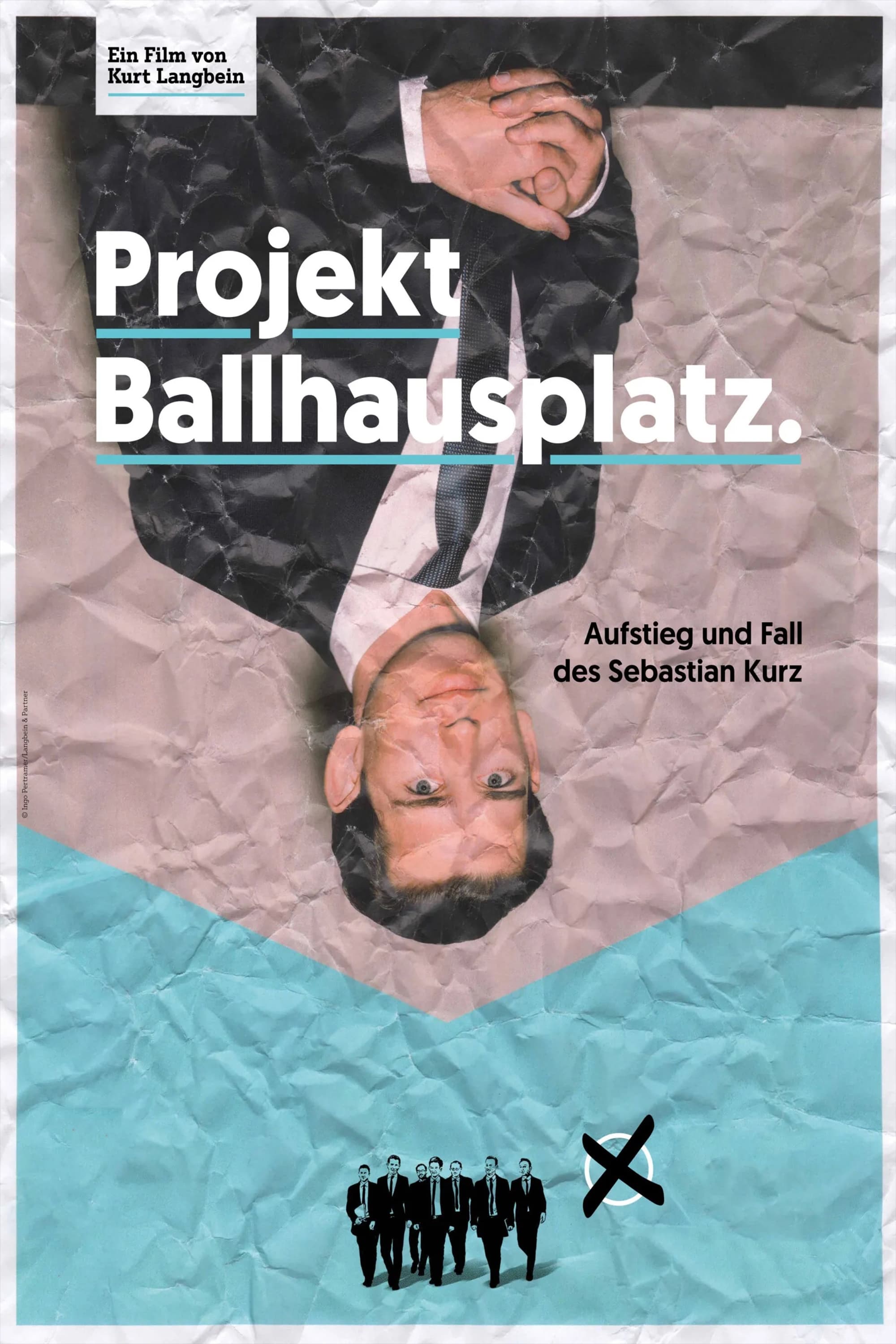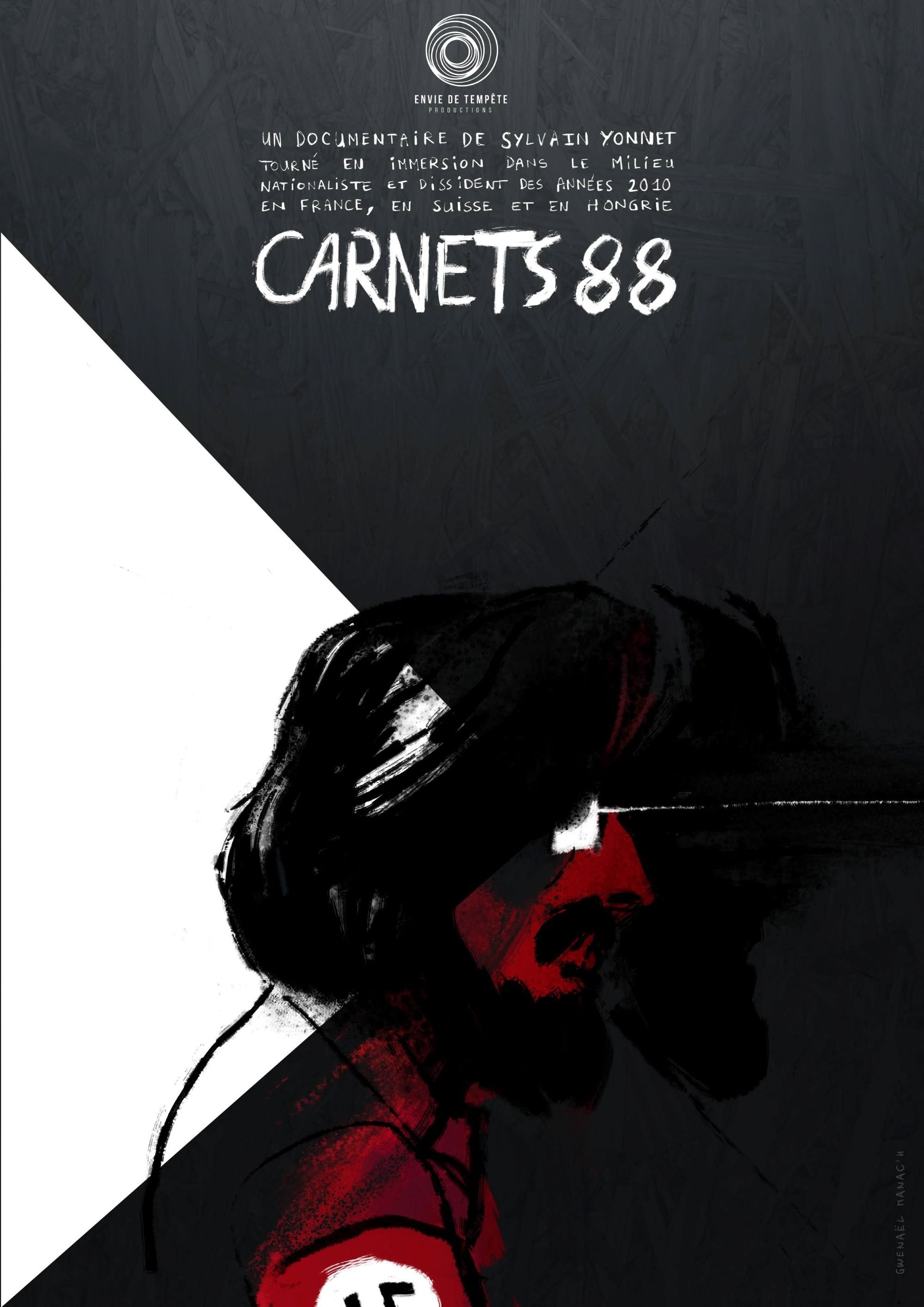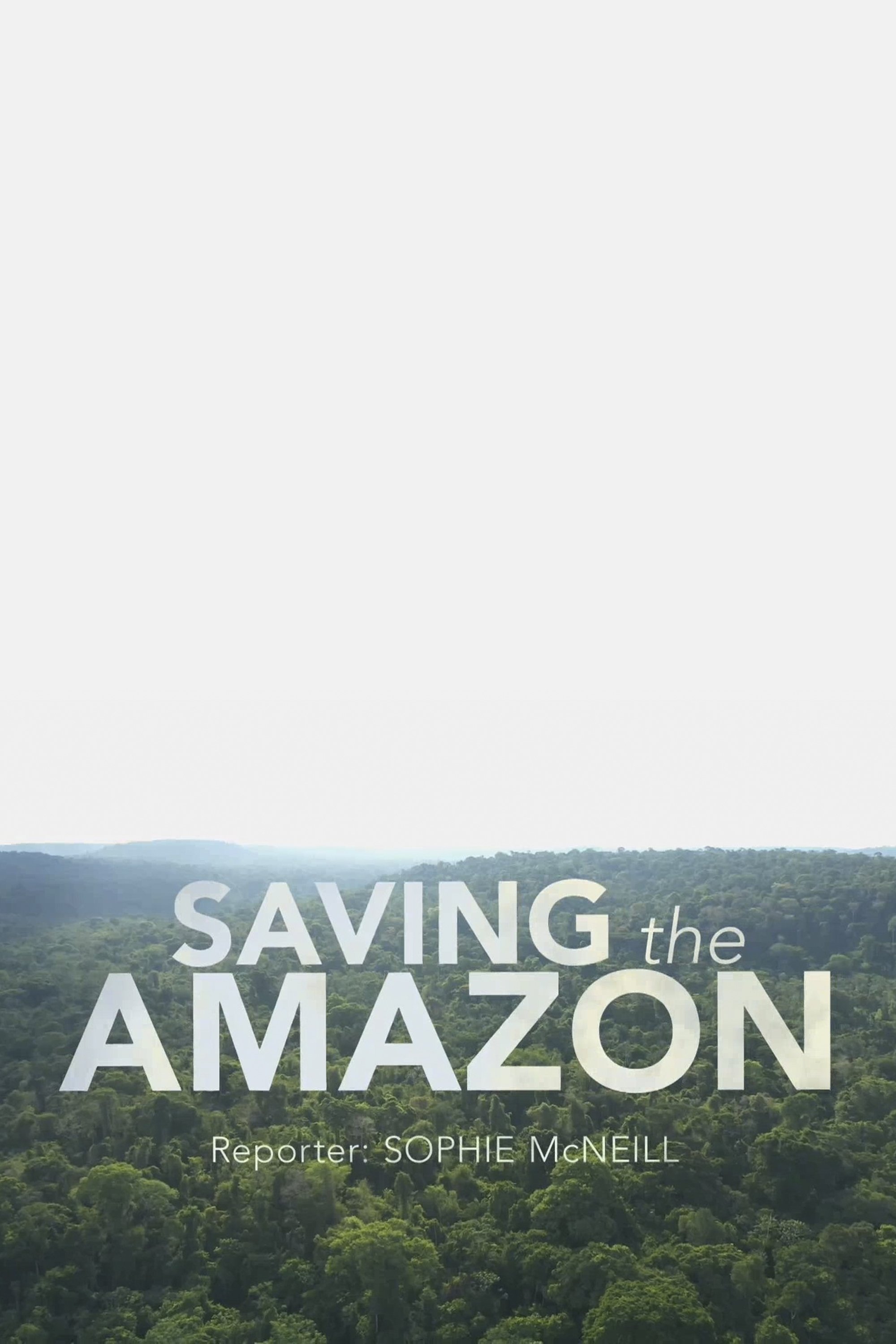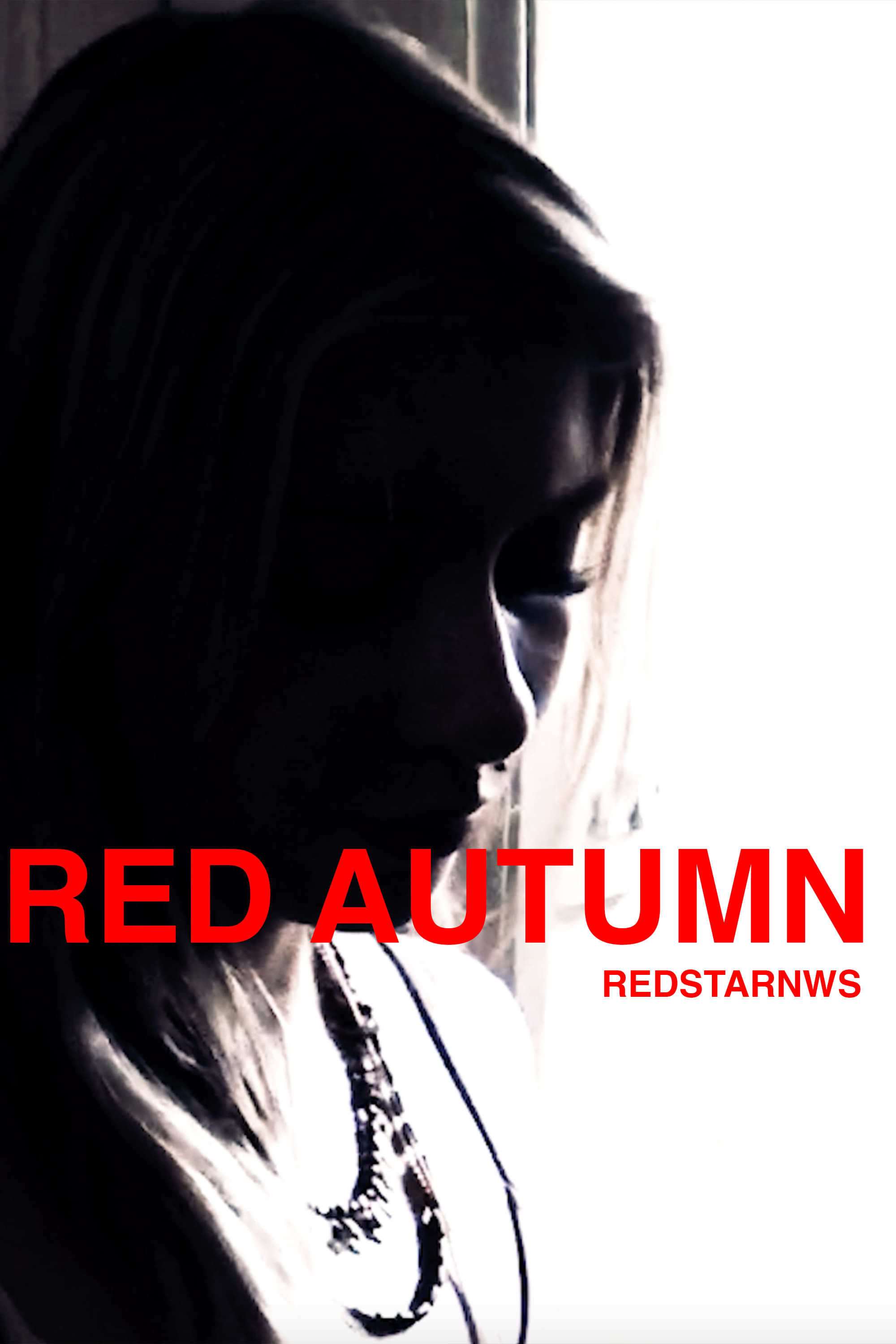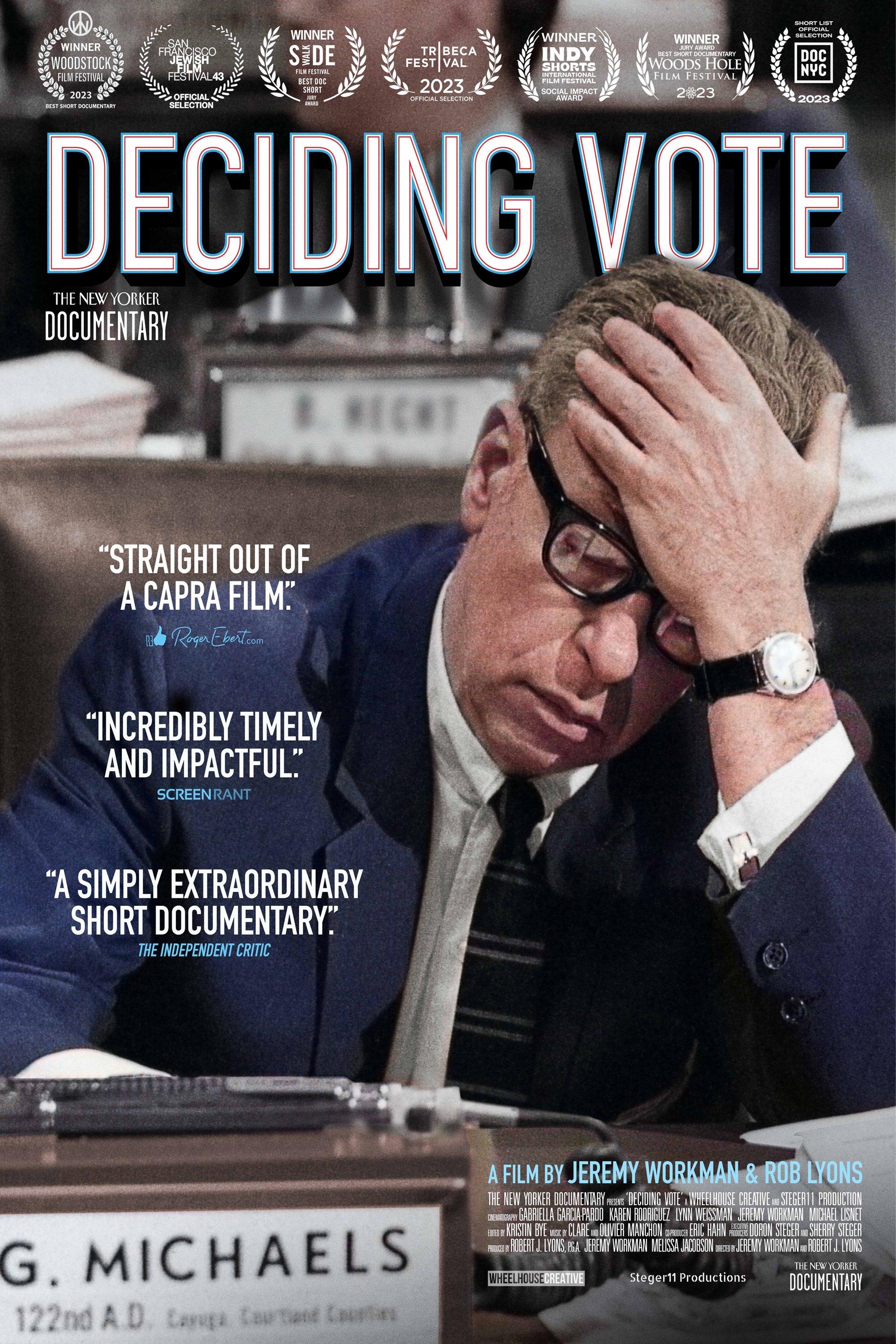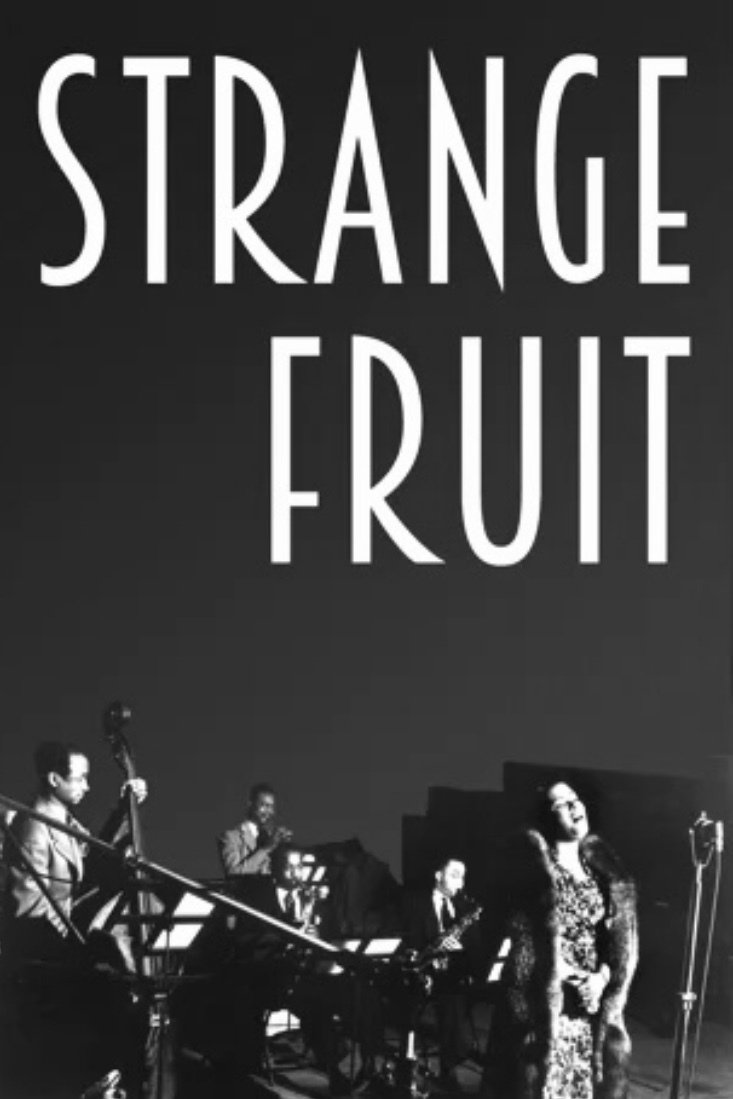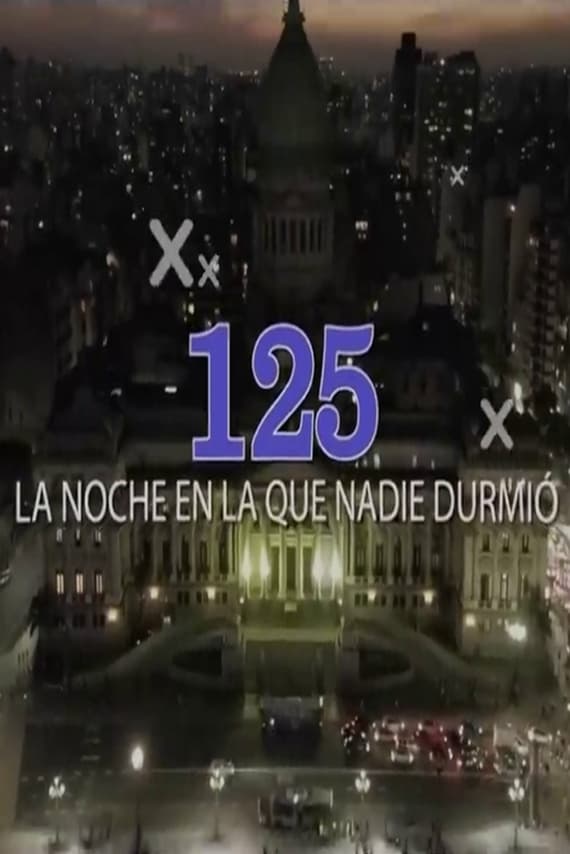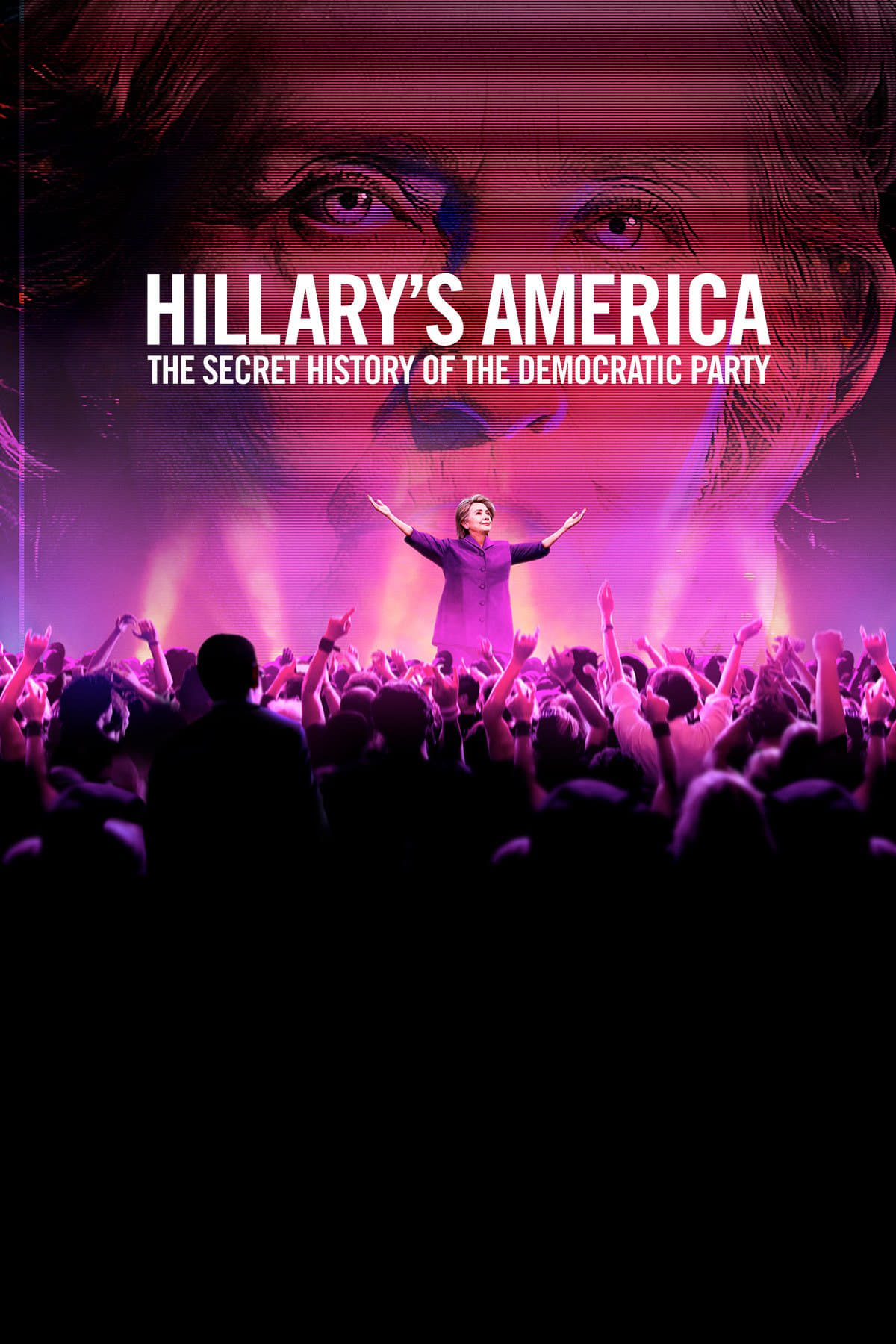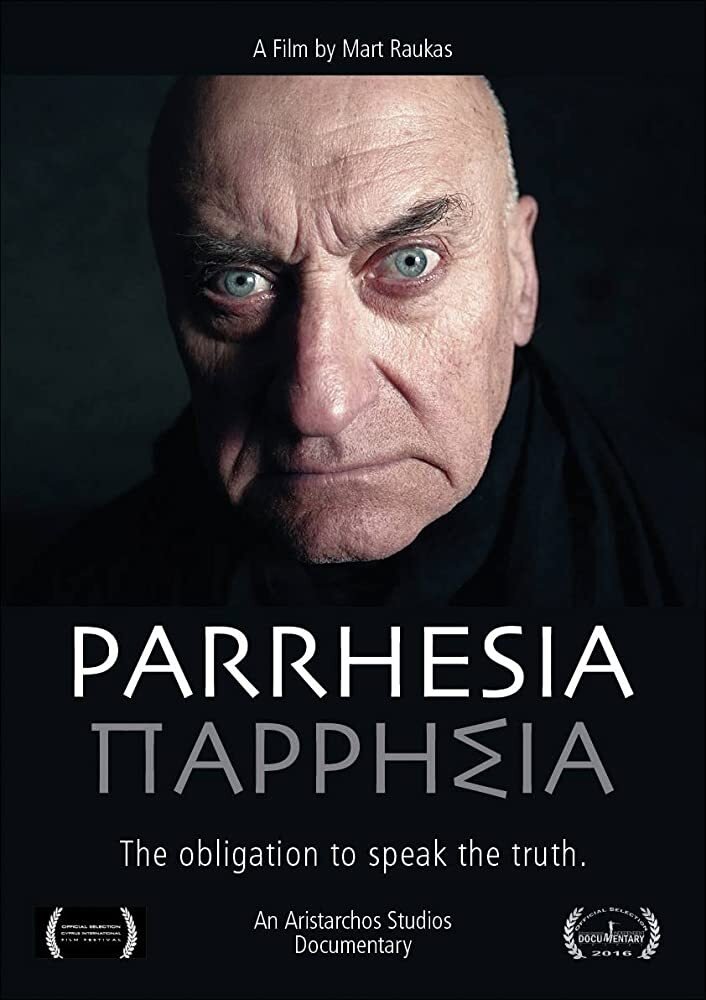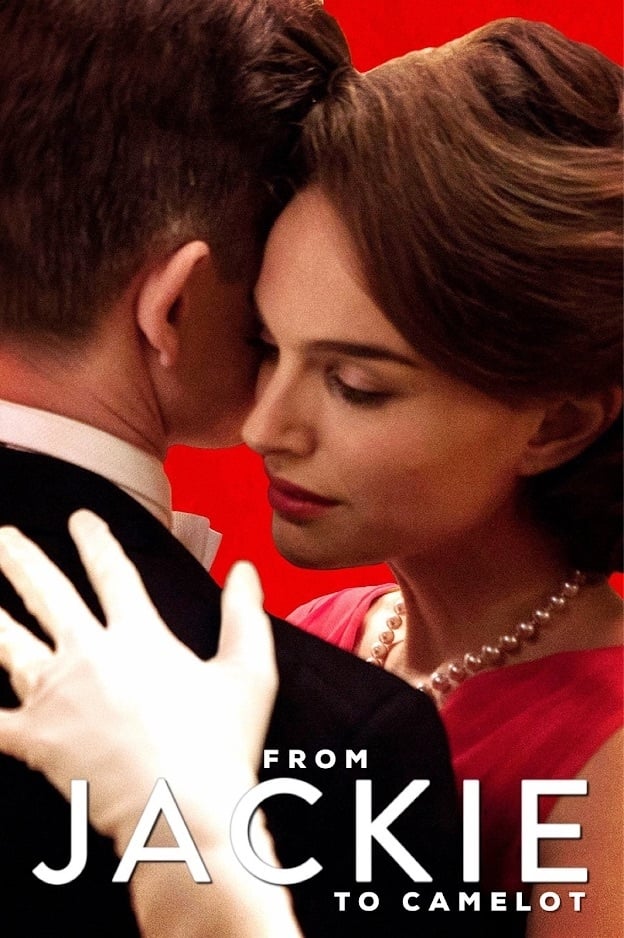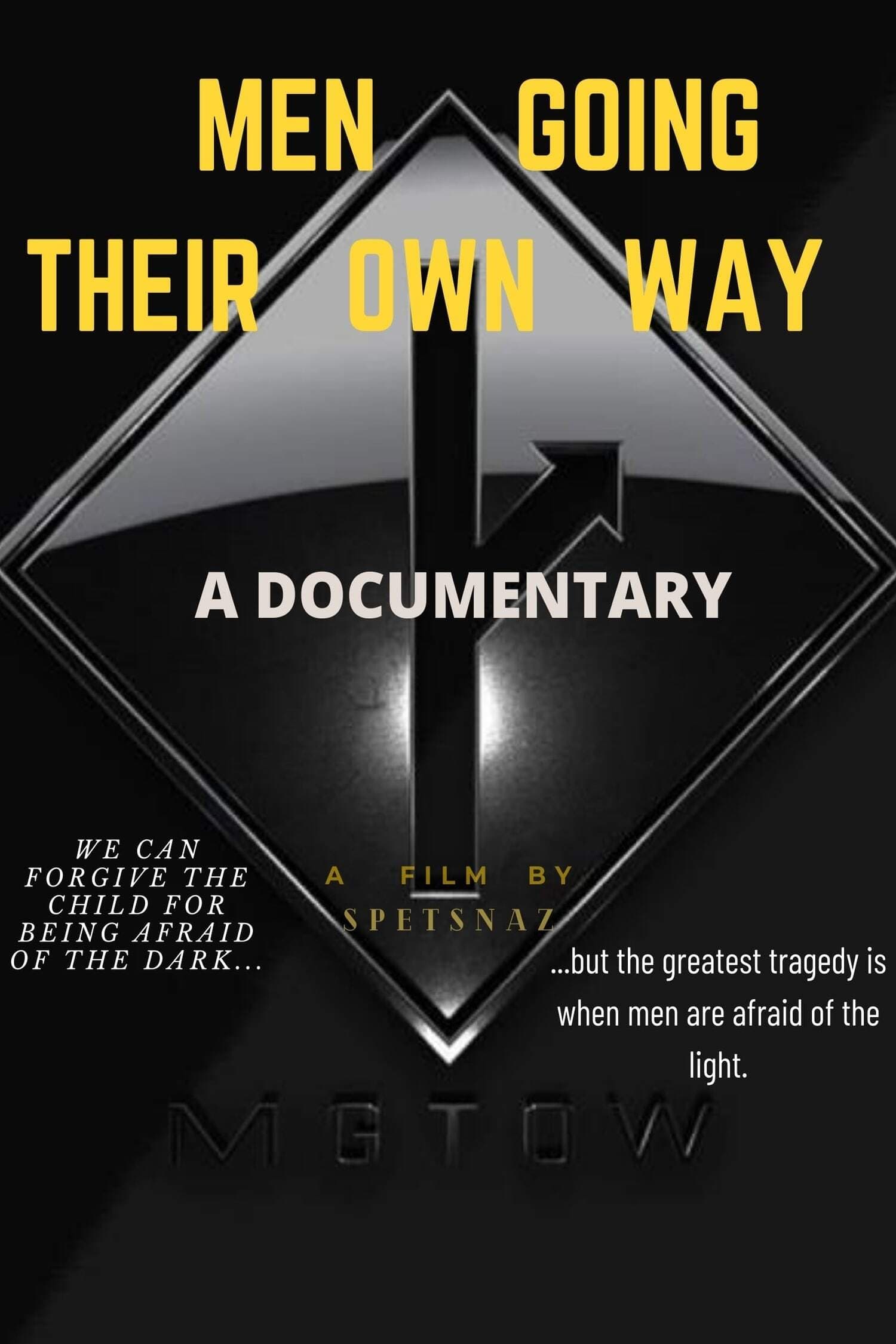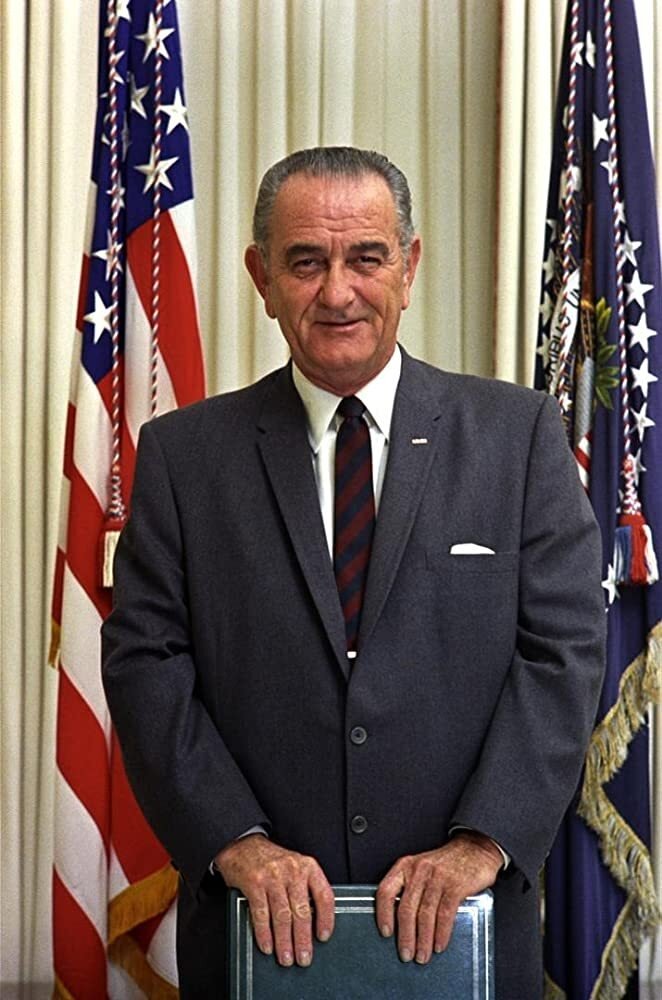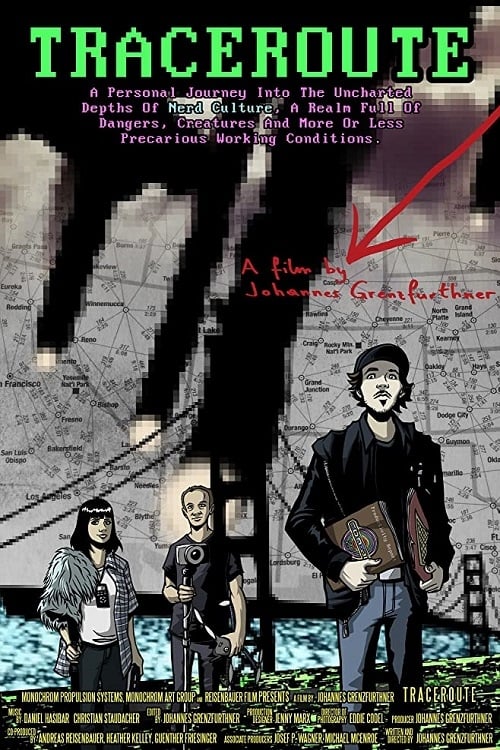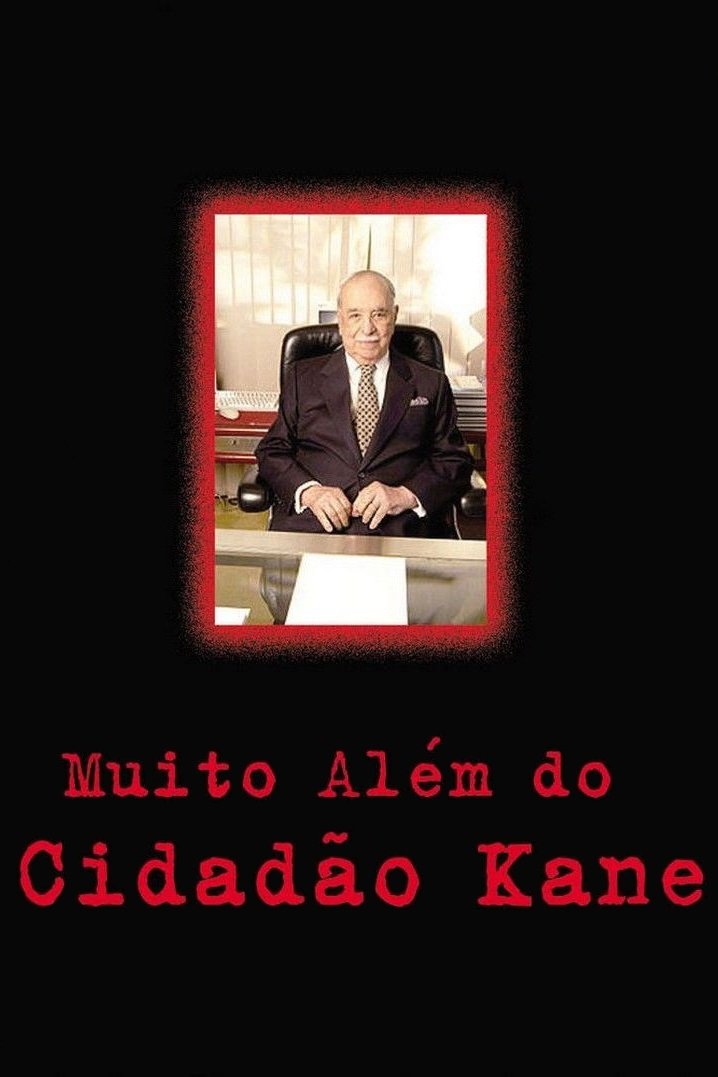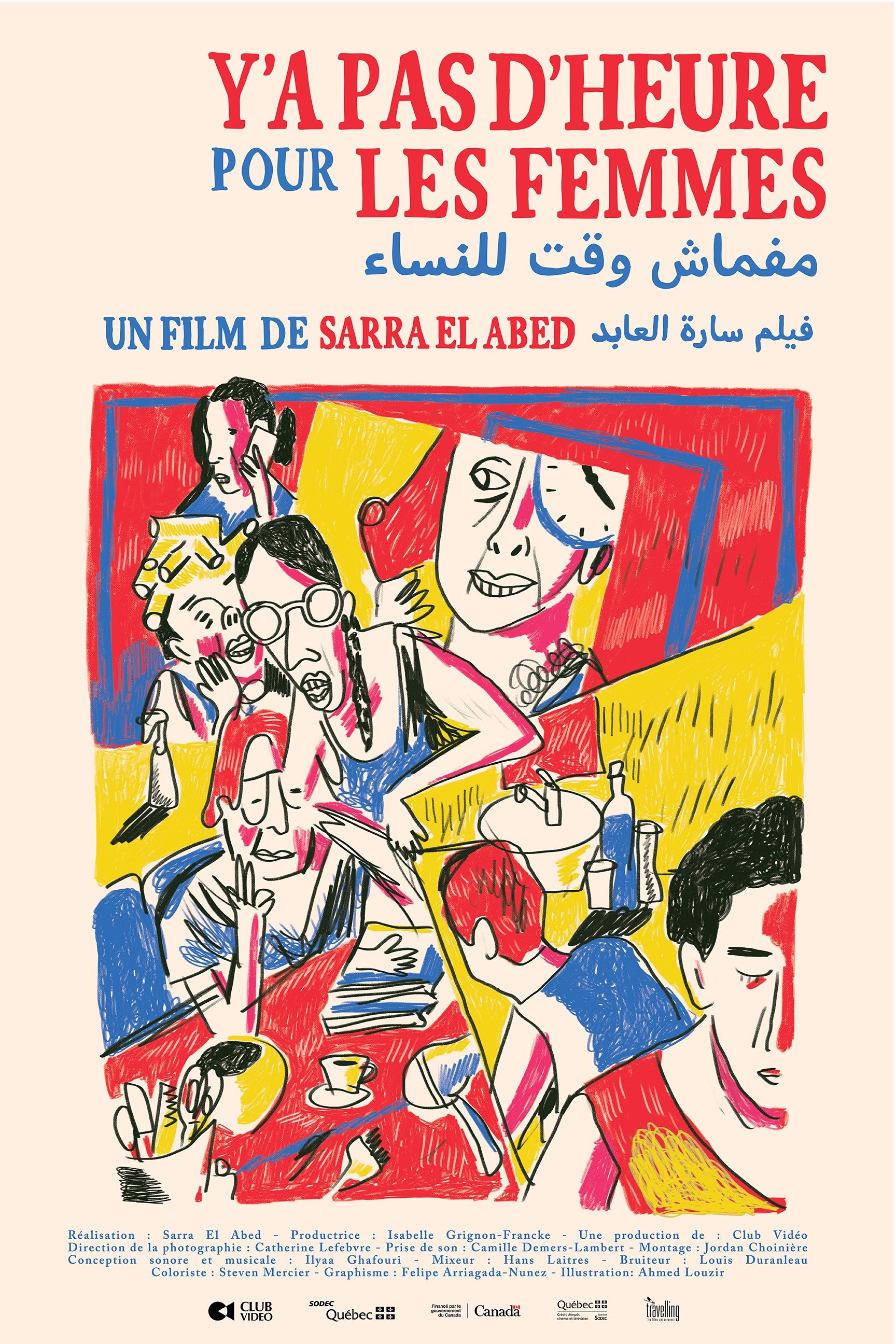
François Mitterrand, la maladie au secret (2015)
Overview
Production Companies

Additional Info
| Budget | $0.00 |
|---|---|
| Revenue | $0.00 |
| Original Language | fr |
| Popularity | 0.1528 |
Directed By
Agnès Hubschman
TOP CAST
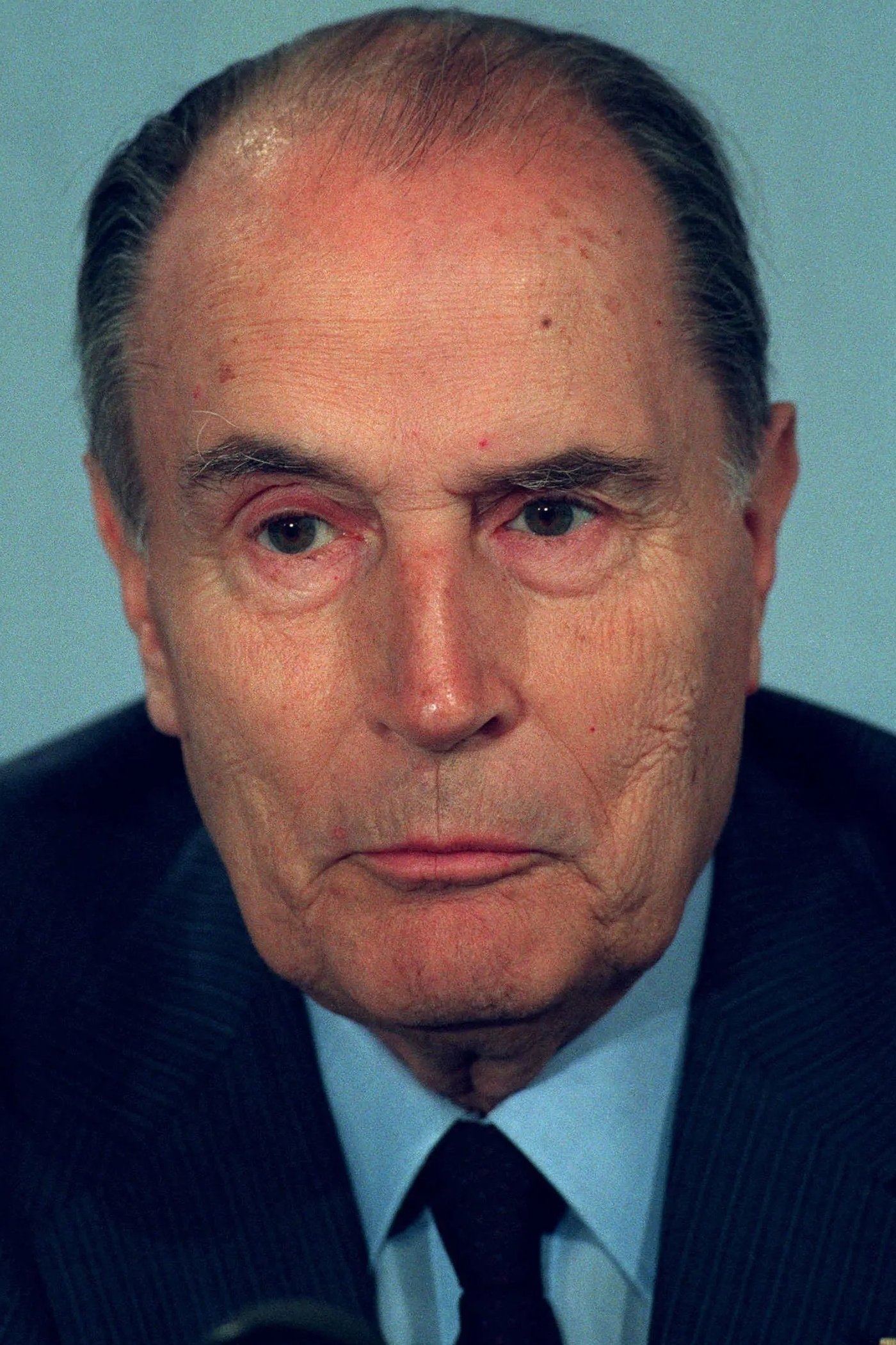
François Mitterrand
François Mitterrand
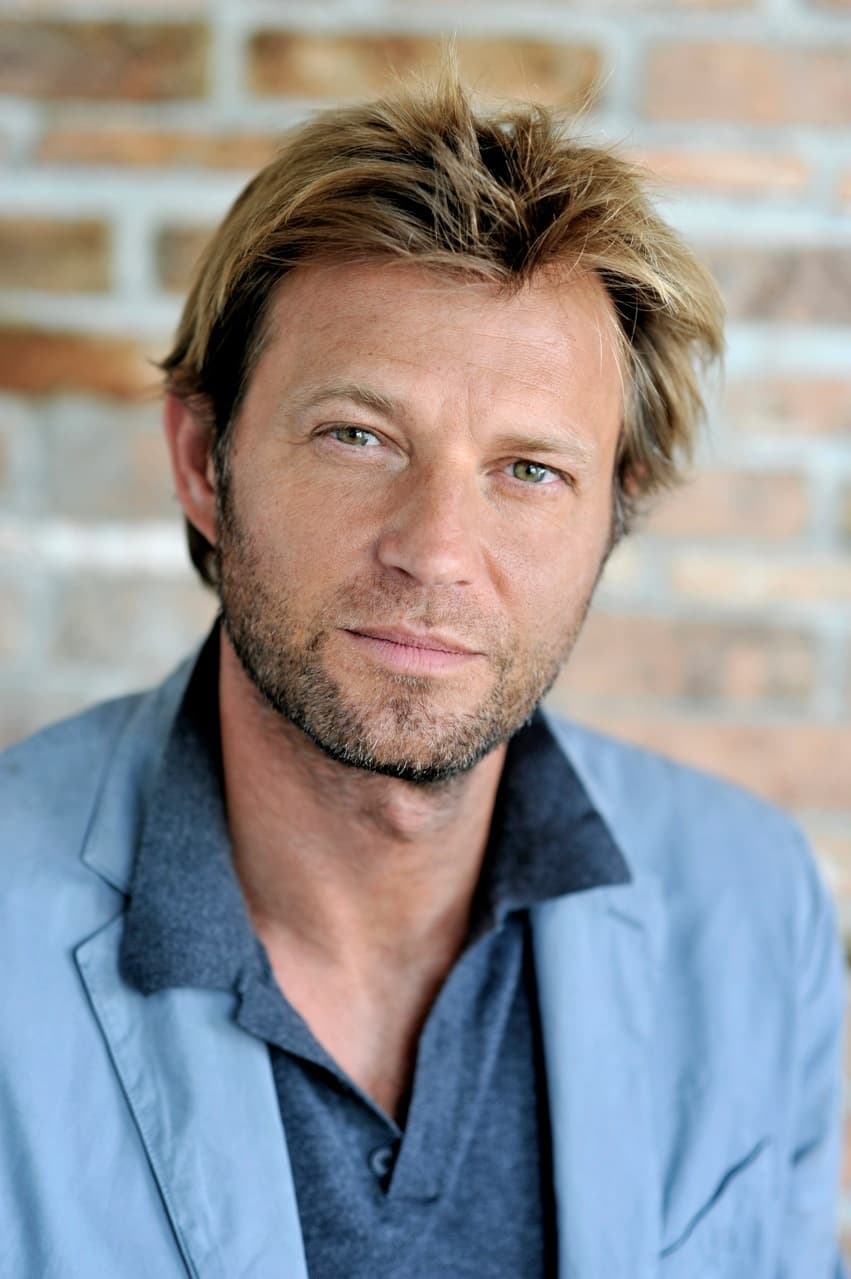
Laurent Delahousse
Laurent Delahousse
Similar Movies
Projekt Ballhausplatz
How a group of young men managed to take over the government and lead it to the brink of democracy. What drove the “Praetorians” and why almost the entire country was at their feet. Why the European public marveled and admired this.
Carnets 88
Ten notebooks depict an immersion in French neo-fascist circles during the 2010s.
Four Corners: Saving the Amazon
The Amazon plays a vital part in regulating the planet's temperature. Yet, last year, forest destruction in the Brazilian Amazon soared by 85 per cent. Illegal logging and slash-and-burn agriculture are decimating the land. With huge profits to be made, the Amazon is a dangerous place to ask questions. Despite the threat, the Amazonian tribes want the world to hear their message.
Red Autumn
A Experimental Docu-Drama about the Red Army Faction's formation, and events leading up to their imprisonment and death, from 1970 to 1977.
Deciding Vote
50 years ago, assemblyman George Michaels cast a single vote on New York's abortion bill that changed the course of American history but destroyed his political career in the process.
Strange Fruit
In 1937, after seeing a photo depicting the lynching of a black man in the south, Bronx-born high school teacher Abel Meeropol wrote a poem entitled "Strange Fruit" that begins with the words: "Southern trees bear a strange fruit / Blood on the leaves and blood at the root." He set the poem to music and a few years later convinced Billy holiday to record it in a legendary heartbreaking performance. Intertwining jazz genealogy, biography, performance footage, and the history of lynching, director Joel Katz fashions a fascinating discovery of the lost story behind a true American classic. Written by Excerpted from Coolidge Corner Theatre Program Update
10 years after 125: The night when no one slept
An overview of the night in which the Argentine Congress voted on the "Draft Law on Withholdings and Creation of the Social Redistribution Fund", also known as "Resolution 125/08". Released on the 10th year anniversary of the rejection of the resolution.
UNCOUNTED - The Story of the California Election
In an extensive mini-documentary by Michelle Boley (@roguekite) and Taylor Gill (@taylorcgill) and produced by TYT and Rogue Kite Productions, the true story of what happened leading up to and after the 2016 California Democratic Primary is uncovered.
Hillary's America: The Secret History of the Democratic Party
Bestselling author and influential filmmaker Dinesh D’Souza reveals the sordid truth about Hillary Clinton and the secret history of the Democratic Party. This important and controversial film releases at a critical time leading up to the 2016 Presidential campaign and challenges the state of American politics.
Parrhesia: Obligation to Speak the Truth
Parrhesia laid the foundations for Ancient Greek Democracy. Parrhesiastes is a person who speaks freely and boldly. The one who has the moral obligation to tell the truth for the common good. Through expressing the truth Parrhesiastes knowingly put himself under personal risk. The hero of the Documentary is an Estonian Parrhesiastes Einar Laigna. A former high ranking officer of the army, who has retired to an abandoned medieval Monastery. Using the half ruined Monastery as a cockpit, he launches his stinging and ironical verbal attacks on the insanity and irrationality of a modern world. "The truth is swirling inside me, looking for a way out "says the hero of this film. "Through expressing the truth with courage and conviction, I protect my inner freedom."
From Jackie to Camelot
An intimate documentary charting the production of Jackie, from ideation through execution.
Men Going Their Own Way: A Documentary
A film by Spetsnaz, narrated through a first person perspective, documenting his journey and the journeys of countless other men. "A Documentary Told in Four Chapters. Featuring many favorite content creators & some of the videos that impacted me the most in my journey. This Feature does not take a historical approach but is rather an expression of my experience discovering men going their own way content & the impact it had on my development. It is told from a personal individual perspective. I wanted to make this video to have closure on that chapter in my life & to leave a record of what was & what continues to evolve. The insights & shared experiences of men are more important now than ever. They certainly helped me."
The Unbelievable Story of Carl Beech
The jaw-dropping story of Carl Beech, a former nurse from Gloucester who claimed he had been sexually abused by a group of prominent men in the 1970s and 80s.
Traceroute
Artist and life-long nerd Johannes Grenzfurthner is taking us on a personal road trip from the West Coast to the East Coast of the USA, to introduce us to places and people that shaped and inspired his art and politics. Traceroute wants to chase and question the ghosts of nerddom's past, present and future. An exhilarating tour de farce into the guts of trauma, obsession and cognitive capitalism. Features interviews with Matt Winston, Sandy Stone, Bruce Sterling, Jason Scott, Christina Agapakis, Trevor Paglen, Ryan Finnigan, Kit Stubbs, V. Vale, Sean Bonner, Allison Cameron, Josh Ellingson, Maggie Mayhem, Paolo Pedercini, Steve Tolin, Dan Wilcox, Jon Lebkowsky, Jan "Varka" Mulders, Adam Flynn, Abie Hadjitarkhani, Kelly Poots...
Beyond Citizen Kane
Beyond Citizen Kane (1993) is a British documentary film directed by Simon Hartog, produced by John Ellis, and broadcast on Channel 4. It details the dominant position of the Rede Globo media group in the Brazilian society, discussing the group's influence, power, and political connections. Globo's president and founder Roberto Marinho came in for particular criticism, being compared with fictional newspaper tycoon Charles Foster Kane, created by Orson Welles for the 1941 film Citizen Kane. According to the documentary, Marinho's media group engages in the same Kane wholesale manipulation of news to influence the public opinion.
Ain't No Time For Women
The hairdressing salon “Saïda” is a space where people speak openly, laugh and argue. The subject rarely is hair. In the run-up to the presidential elections in Tunisia the shop turns into a political arena where the women – young or old, conservative or with a modern outlook – indulge in discussions about the pros and cons of the candidates. Their clever and witty statements reflect a young democracy with all its rifts and fault lines.
Rebel Citizen
What began as a video master class evolved into a film about the political documentaries of Oscar-winning cinematographer Haskell Wexler. Comprised of footage from his films as well as interviews, the film is an intimate portrait of the genius behind the camera.
